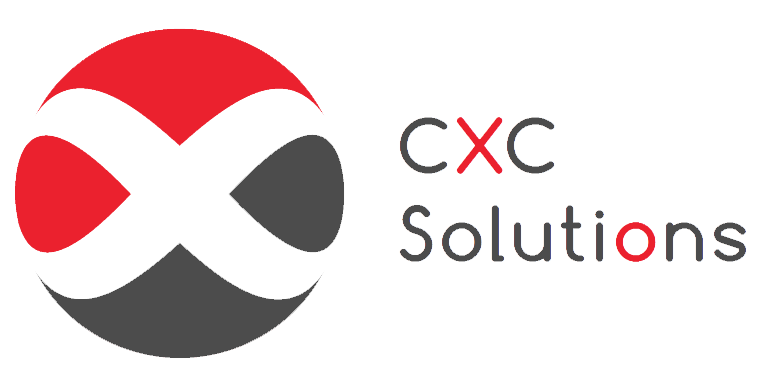Consequences of Failing 105(h) Nondiscrimination Tests

Do you know if 401(K) Testing applies to you?
September 6, 2019
Does Nondiscrimination Testing Apply to your Company?
October 14, 2019By Stephen Wynn, Senior Business Analyst


Most people are aware that having a discriminatory cafeteria plan will result in pre-tax contributions being reclassified as taxable income. This alone can be a huge headache for employers and their highly compensated employees. What many do not know is that there are separate consequences for failing nondiscrimination tests for the component benefits themselves. Today we look at a particularly dire consequence of failing the 105(h) tests for your self-insured medical plan: excess reimbursements.
Self-funding can have many financial advantages, but they are dependent on the plan sponsor maintaining a non-discriminatory plan. If a self-insured medical plan is discriminatory, then the Highly Compensated Individuals (HCI) will be taxed on a portion of the actual reimbursements paid out under the plan that otherwise would have been excluded from income under Code §105(b). The formula for determining an HCI’s excess reimbursement varies according to whether the benefits paid to HCIs were the result of “discriminatory coverage” or “discriminatory benefits”. Generally, discriminatory coverage arises upon a plan’s failing the Eligibility Test, and discriminatory benefits arise where a plan fails the Benefits Test.
For discriminatory coverage, the excess reimbursement is a pro-rata share of the total reimbursements to all HCIs. This means that if HCIs account for 40% of aggregate benefits under the medical plan, then 40% of their reimbursements would become taxable.
For discriminatory benefits, the excess reimbursement is equal to the excess benefits being offered to HCIs. This means that if HCIs are offered a dental benefit, while non-HCIs are not, all reimbursements for the dental plan would become taxable income.
This may sound confusing, because it is! It is important that you (plan sponsors and brokers) work with experts who can help you determine what your consequences are or, better yet, how to avoid them in the first place. CXC Solutions, an industry leader in providing nondiscrimination testing solutions to over 15,000 employers, has a team of qualified experts who can provide the hand-holding necessary to navigate through this process!
Contact us today and let us help you avoid nondiscrimination penalties and stay compliant with the IRS.
Source: EBIA Self-Insured Health Plans (Q3 2019), © 2019 Thomson Reuters/EBIA




